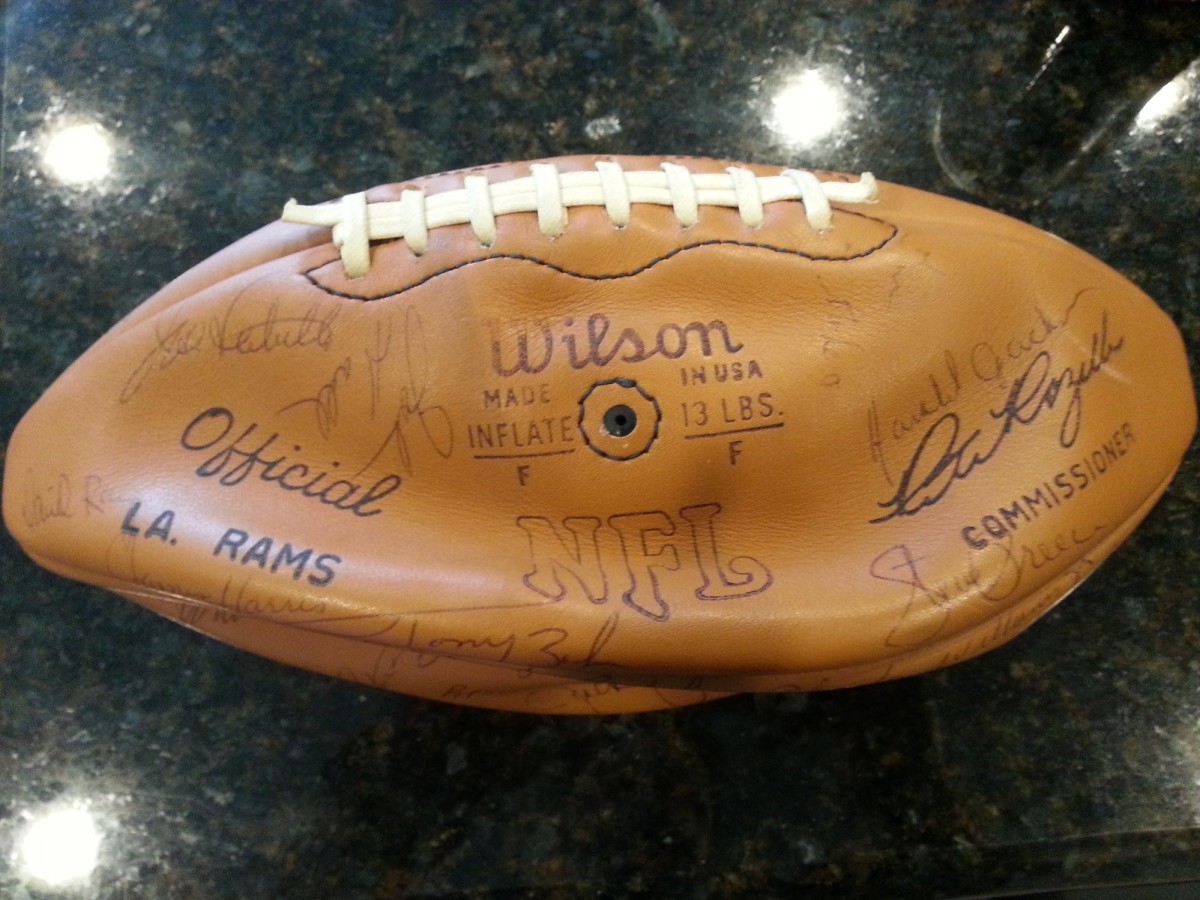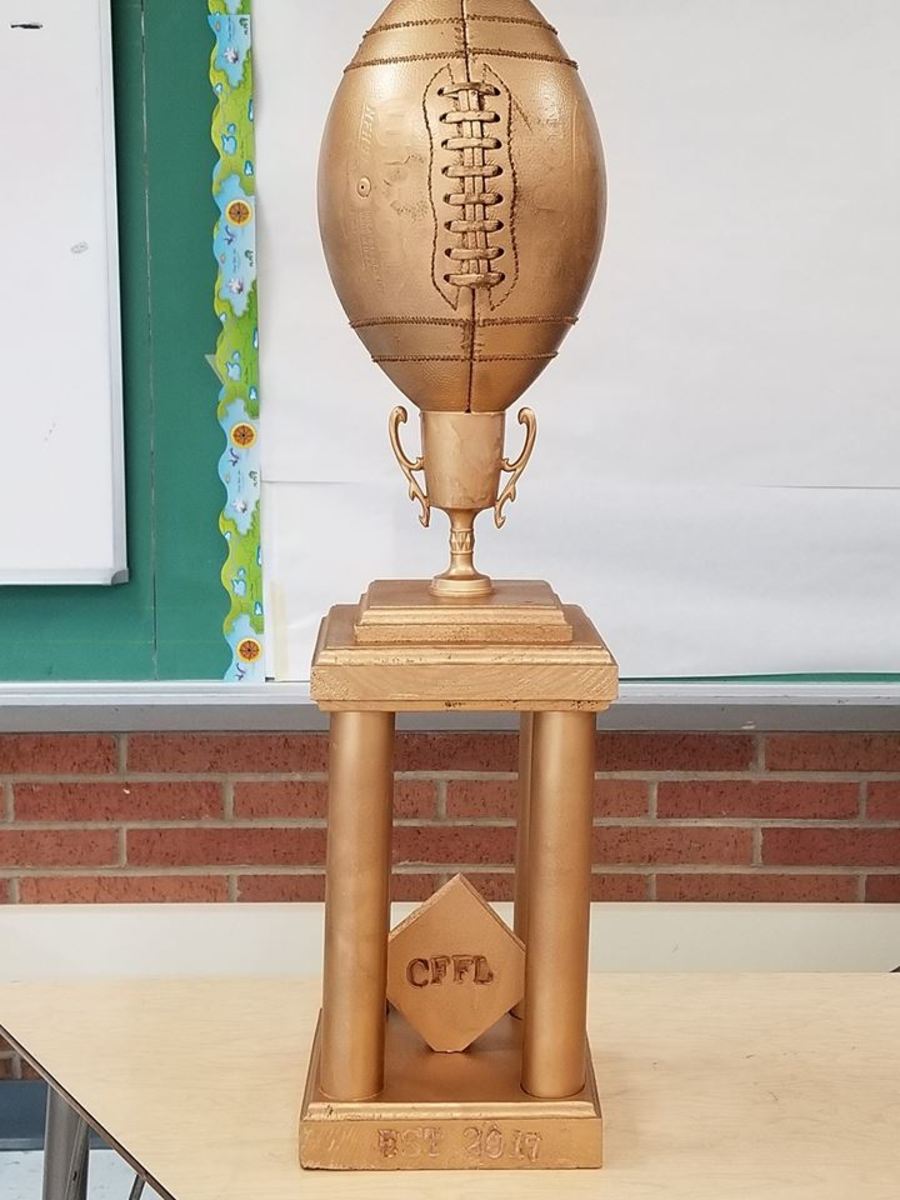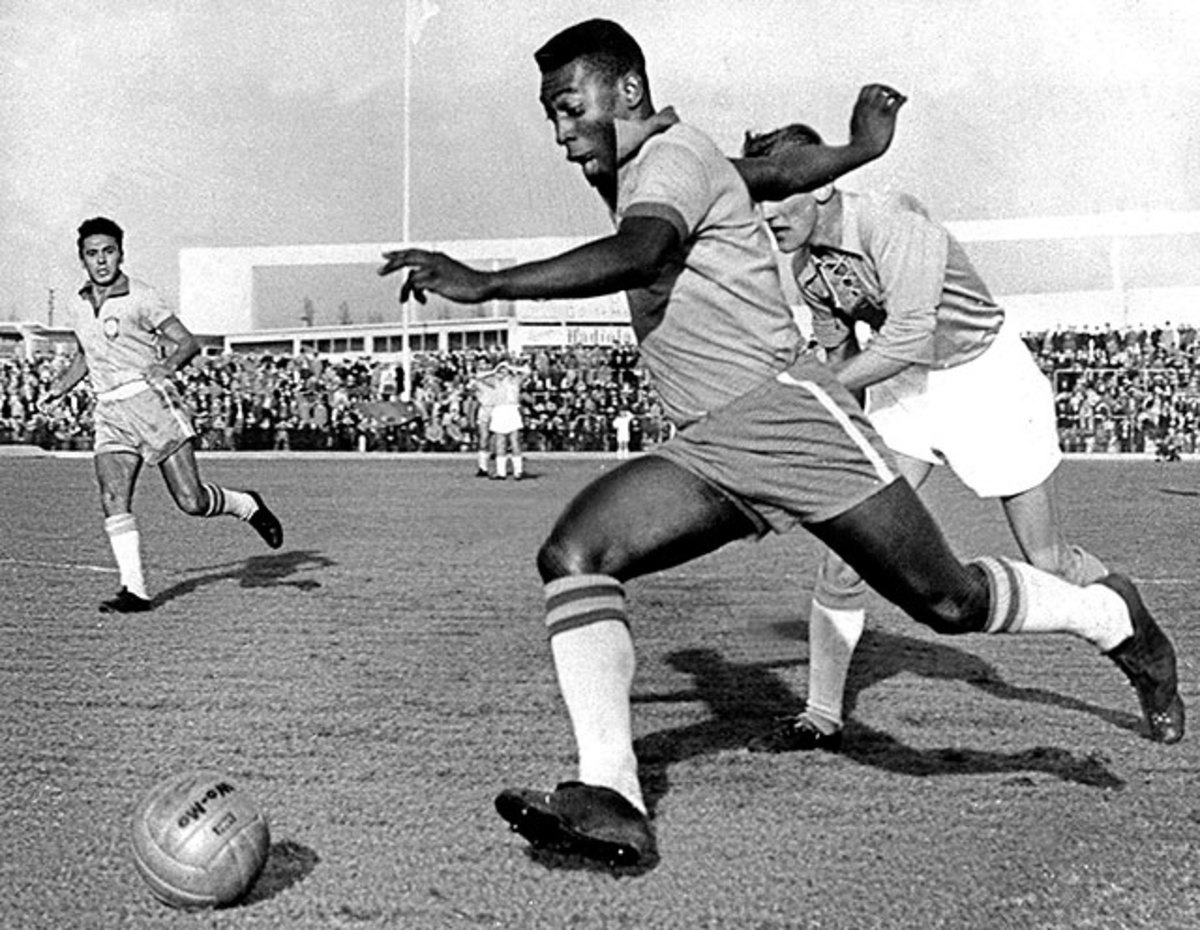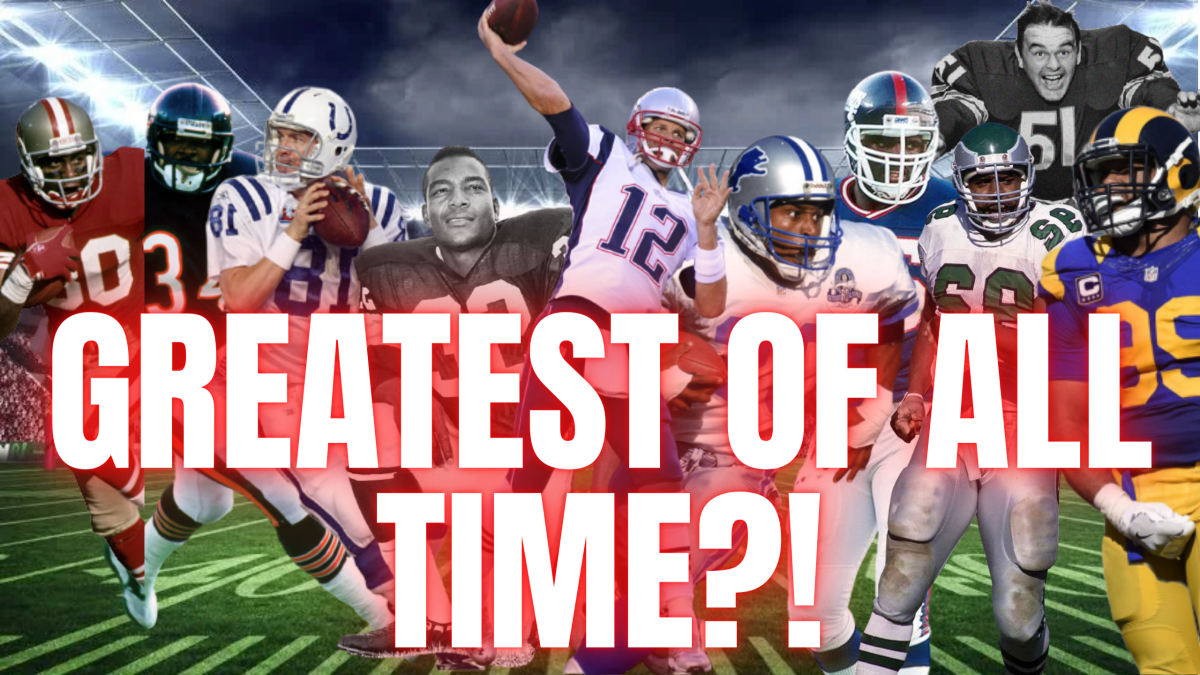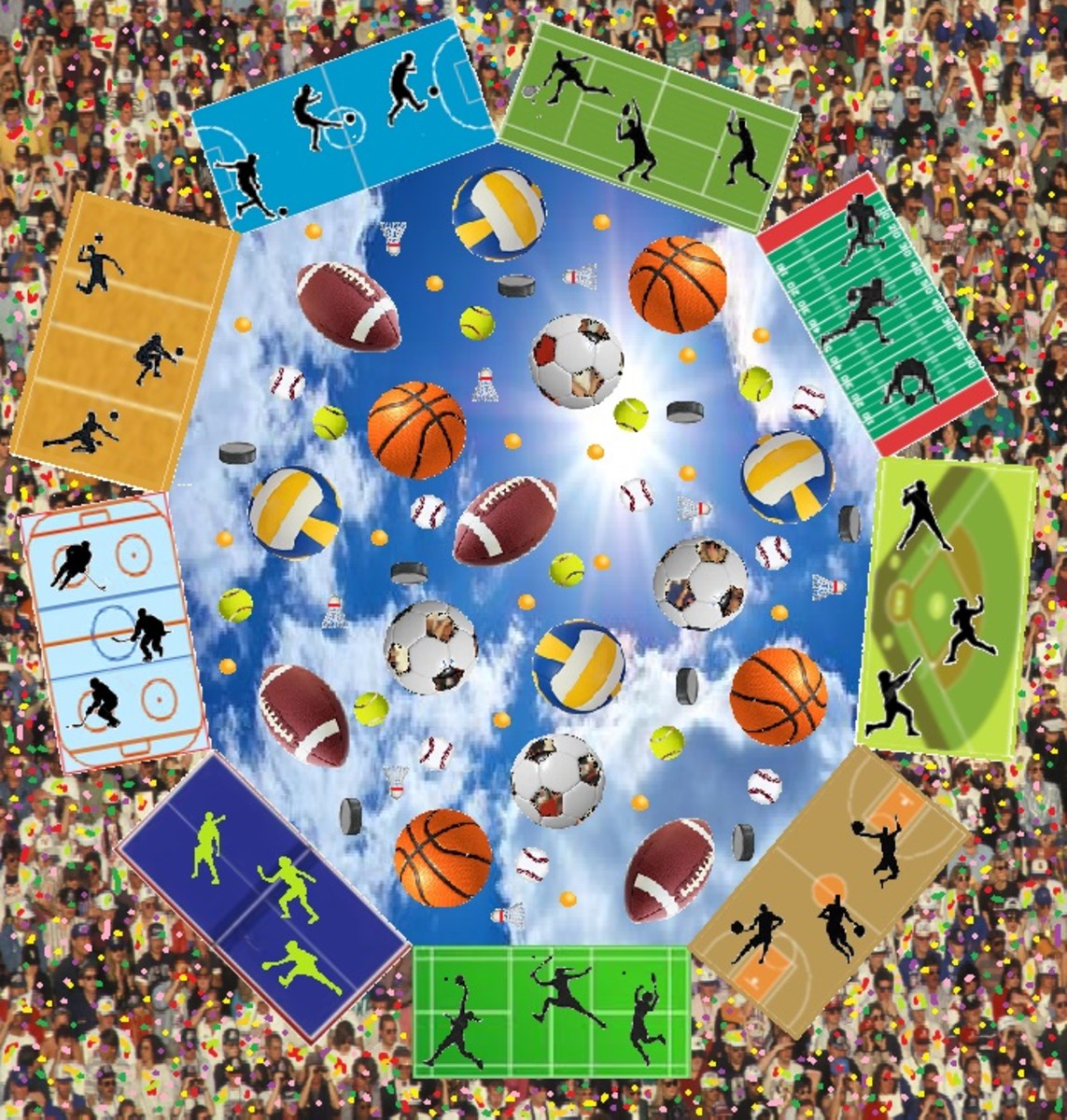Roger Goodell is Terrible
Roger Goodell is a terrible commissioner.
I’ve lamented my procrastination in writing about NFL Commissioner Roger Goodell – but the more time goes by, the more things I have to criticize.
To be clear, that Goodell is terrible at his job has no bearing on whether he will keep it. Football reigns supreme atop the sports mountain. Superhuman athletes adorned with body armor and shiny head-gear collide at high rates of speed. Time in between allow time to break down individual plays for the viewer. Storylines are easily followed with weekly contests. Which are held on the weekend, until the eyes of the nation unite on Monday night. Fantasy games make each and every contest held across the land – not just the home team – of great import. And of course, the addictive nature of gambling.
The game of football is great shape, and will remain so until American culture views each and every play as cumulative, sub-concussive trauma resulting in permanent cognitive effects on the players. That’s the only way for mothers to keep their sons from playing or their husbands from watching. Until then, the money will be substantial, and poor kids will keep playing in search of a better life. And that’s great – I love football!
In a sense, Roger Goodell’s only job is keeping the whole concussion thing from becoming too big a deal. But that has more to do with the long-term health of the sport. And his title is not Caretaker of the Sport. He is the commissioner of the NFL. His employers are the 32 team owners. They are not caretakers either (perhaps the Maras or the Rooneys, but I digress).
Team ownership has evolved over time. It used to be that wealthy individuals, such as newspaper owners, would purchase teams as status symbols. It was understood that yearly profits from operating teams were relatively minimal; the real money was in eventually cashing out on the sale given the strength of the brand. That dynamic has completely changed. Today, most owners are in it because they’ve made billions in business, and they expect the same yearly profits and on the field success from their teams. And now they’re the buying newspapers as status symbols.
In that sense, Roger Goodell’s only job is to keep the money rolling in. League revenue is roughly $13b/yr and the least valued team is worth approximately $1.4b. The owners are mostly old, white, wealthy, Republicans who gladly pay Roger Goodell $40m/yr to take their lumps all the way to a 28% approval rating.
It’s well deserved.
The initial portrayal of Roger Goodell was of a longtime league employee and understudy of Paul Tagliabue. The first decision which brought scrutiny was Spygate. The New England Patriots had been caught filming their opponents’ (Jets and Packers, at least) sideline signals from the stands during a game. They were accused of systematically matching plays to illegally obtained footage of signals which were memorized in the week leading up to the game by a designated individual in order to decipher the opposing team’s plays in real time during games.
Patriot owner Robert Craft was a league heavyweight. Craft and Coach Bill Belichick had led the team to three league championships (and were accused of spying on Rams practices in 2002). Throwing a dynasty into question would be crippling, if not a death knell, for a league.
Goodell ordered the evidence destroyed. Fines and a lost draft pick.
Then came Bountygate. The Saints were accused of rewarding players financially for big plays and hits. The practice was technically banned, though it was a long held league-wide practice and the rewards were often from the proceeds of player-led kangaroo courts. Coach Sean Payton was suspended for an entire season. Anthony Hargrove’s career was unjustly taken from him.
Though there have been no work-stoppages, Goodell and the players maintain a strained relationship. The contracts are not guaranteed, so injury can mean financial ruin. The league has demanded unilateral powers for the commissioner in bargaining agreements. Goodell is seen to have a firm hand with the players, and uneven in other areas. Craft and Jim Irsay, for instance.
The league forces players hand when it comes to press access and interviews. The league uses the military and breast cancer awareness as props. Yet they are unbending on player expression when it comes to celebrations and tributes on their cleats.
The NFL will unflinchingly discard players for the use of cannabis. Ricky Williams had a rapper for an agent and signed a questionable contract, and they took all his money back for using cannabis. Josh Gordon had one of the best seasons at wide receiver in league history at 22, and his on the field career may’ve sadly ended at 23 – because of the way the NFL under Roger Goodell treats the use of cannabis.
In contrast, when video of Ray Rice dragging his unconscious wife out of an elevator and callously stepping over her, the response of the NFL was to suspend him for two games. The man knocked his wife out cold in public! And the league gave him seemingly the least punishment possible. When video emerged of the incident Rice was suspended indefinitely (and the league kept selling ladies versions of the batterers’ jersey). Only when faced with public backlash did Goodell take the matter seriously. And in his haste brought about by his own ineptitude, Goodell went above his authority and punished Rice a second time for a single crime (and we learned the league had the elevator footage the entire time).
It fits a pattern. Adrian Peterson was initially to receive a two-game suspension; until pictures emerged of the welts on his children and he was instead suspended a full season.
The league, owners, and Goodell will go to the Supreme Court to exert their authority. Deflategate may have been on purpose. The Patriots have a long history of shenanigans. But it had zero to do with their trouncing of the Colts in the playoffs. Tom Brady was suspended for four games for slightly deflated balls no one ever cared about before or since. Greg Hardy threatened a woman’s life and threw her on a bed covered in guns; he received the same four-game punishment.
It’s just another example of in a long line of questionable Goodell decisions - one after another. He claims he has learned from his missteps in regards to domestic violence and proportional punishment. He’s proclaimed a standard six-game suspension. Yet Josh Brown was given a one-game suspension.
Colin Kaepernick is reviled and scorned. Yet Josh Brown – who admitted years ago to treating his wife like a slave and viewing himself as her god – is called a good man by the team owner and given seemingly the least punishment possible.
Once again, public backlash has pressured the league into doing the right thing. Josh Brown will likely never play again. He’s had a long and financially beneficial career at 38. Like Rice, his skills have eroded to the point he is no longer worth the hassle. Hardy was welcomed back because they still viewed his talents as worthy – so he returned until his skills rendered him expendable. Because the league, and Roger Goodell, don’t really think domestic violence is a threat to their brand.
But cannabis and social justice issues? Conservative owners have no time for that. So Josh Gordon is exiled and Colin Kaepernick is compared to Rae Carruth. And Roger Goodell makes $40m/yr to take their lumps.

